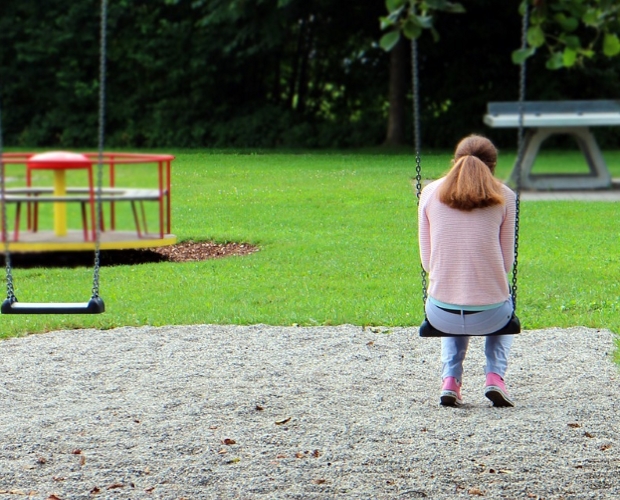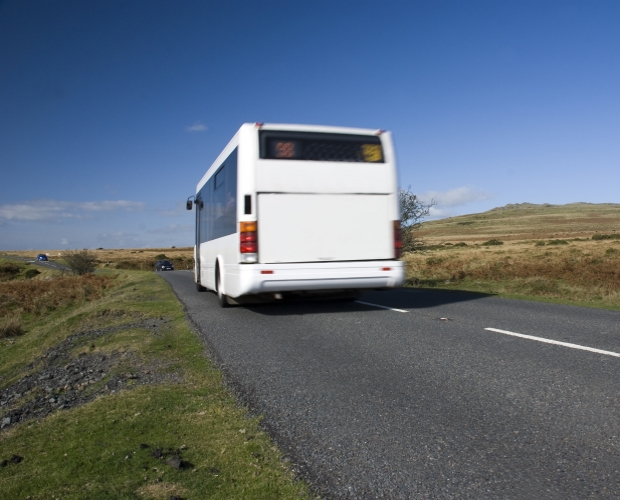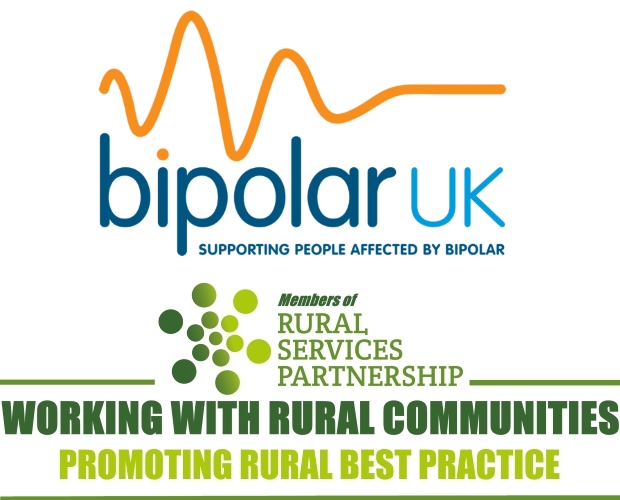T: 01822 851370 E: [email protected]
isolation
Rural bus services have suffered as funding pressures have grown, but there is good practice and evidence of what works out there, finds Brian Wilson. The Campaign for Better Transport (CBT) has published a report on The Future of...
Carole Walker, is a former political news correspondent with the BBC. She has developed her own Podcast called 'The View from Here' and has kindly allowed the Rural Services Network to include it on their website. Talking about...
The Rural Services APPG has for some months been carrying out an Inquiry into the future funding of Adult Social Care in the rural context. The Inquiry was limited to England and has been conducted to enable the APPG to...
The ONS has conducted its first study around loneliness among people aged 10 to 24. The results, covered by the BBC, found that young people viewed loneliness as ‘failing’ and that many used social media to ‘cover up’ such...
Carole Walker, is a former political news correspondent with the BBC. She has developed her own Podcast called 'The View from Here' and has kindly allowed the Rural Services Network to include it on their website. Talking about...
The Campaign for Better Transport has published a report into buses across the country entitled, ‘Buses in Crisis’. Using Freedom of Information requests, the report found that local authority bus budgets in England and Wales were cut by £20.5...
In August 2018 Bipolar UK surveyed their supporters to identify the specific needs of rural and urban communities. The recently released findings uncovered that living in rural communities exacerbated isolation, with respondents more likely to have to...
Bipolar UK survey findings: In August 2018 we surveyed our supporters to identify the specific needs of rural and urban communities. A total of 371 people responded, 26% of whom lived in rural communities. We found that...
Organisations are being invited to apply for a share of up to £250,000 to develop technologies that combat rural isolation. The GovTech Catalyst initiative from Innovate UK aims to support isolated people in rural communities through digital technologies and transport...
An award-winning bus service is helping rural residents access healthcare, training and employment and leisure services. Tailored to the needs of its passengers, the Bwcabus service serves rural Carmarthenshire, Ceredigion and Pembrokeshire. It can be pre-booked allowing people...
NEWSLETTER
Sign up to receive all our latest news and updates.
HOT TOPICS
Amid reduced public spending, fair resource allocation across regions is crucial. Despite a population larger than Greater London, rural areas receive significantly less funding for essential services, even though delivering these services in rural areas is more expensive.
Economic growth is widely acknowledged as essential for national wealth and prosperity and is a priority for political parties. Rural economies, employing millions and home to a higher proportion of small businesses, have potential for growth if barriers are removed.
Rural residents face distinct healthcare challenges, including limited access to transport, longer distances to medical facilities, an aging demographic, housing inadequacies, digital connectivity gaps, and difficulties recruiting health and care workers.
Rural communities are grappling with a severe affordable housing crisis, marked by high house prices, a lack of affordable housing, elevated living costs, and lower incomes, threatening their sustainability and vitality.
Transport is vital for the quality of life and economic health of rural areas, yet it faces challenges such as infrequent public bus services and less Government funding compared to urban regions.
Rural areas, encompassing a substantial portion of England's population and land, play a pivotal role in combating climate change and achieving the net zero target.
In an increasingly digital world, the lack of robust digital infrastructure in rural areas severely limits access to crucial services and stifles economic growth.
A future-focused vision for rural communities involves not just building the right homes in the right places but also ensuring thriving, sustainable communities.
SIGN UP TO OUR NEWSLETTER
Sign up to our newsletter to receive all the latest news and updates.











